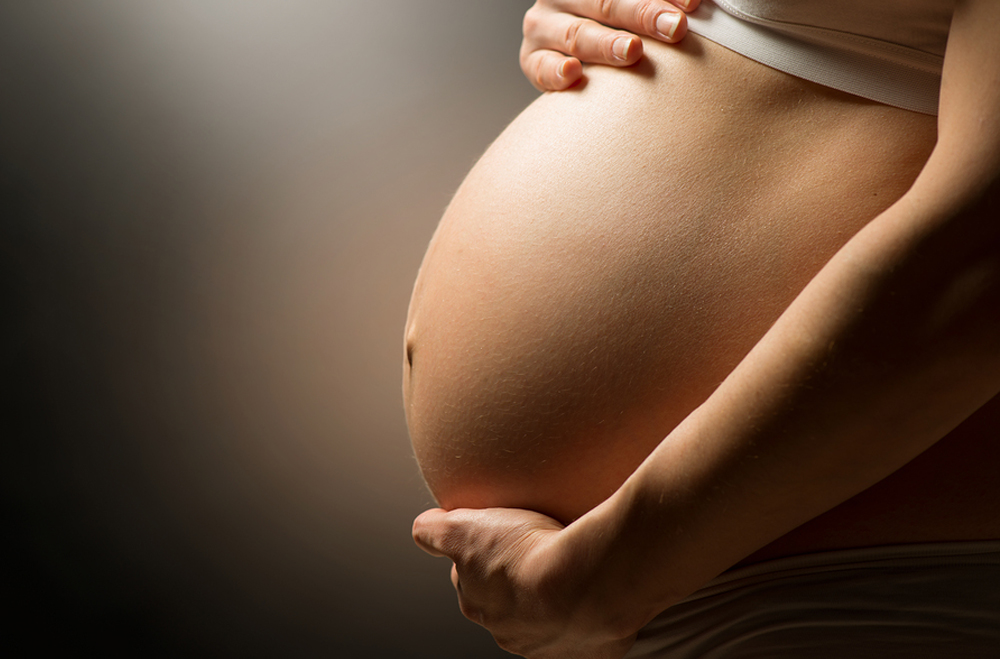Getting pregnant is usually a joyous occasion as the family anticipates welcoming a new addition to the family. However, pregnancy does come with its risks and potential complications, and one of them is preeclampsia.
What is it?
It is a high blood pressure condition that is induced by pregnancy.
Who is at risk of it?
It usually occurs in first-time mothers, during the second half of their pregnancy, after the 20th week. According to Singapore Health Promotion Board, it affects 10 per cent of pregnancies and can run in the family.
Women with pre-existing high blood pressure or gestational high blood pressure are also at greater risk of developing the condition during their pregnancy.
Those who have at preeclampsia during their first pregnancy are also at high risk of developing it again in subsequent pregnancies.
What are some of the symptoms?
- High blood pressure
- Excessive levels of protein detected in urine
- Vomiting
- Pain in the abdomen
- Bad, persistent headaches
- Blurred vision
- Swelling in the legs and feet
There are cases of preeclampsia where no symptoms are present but it is detected during antenatal appointments.
What are the potential complications of the condition?
In mild cases, there are usually few complications.
However in severe cases, the mother’s organs will be affected, potentially putting both mother and baby in a life-threatening situation. Blood flow throughout the body is reduced, including the uterus and this can result in reduced oxygen and nutrients levels for the baby. It can also lead to placental abruption, where the placenta separates from the uterine wall before delivery.
Preeclampsia also leads to eclampsia, where the mother has seizures without warning, placing mother and baby at risk.
What treatment options are there?
The only way to recover from preeclampsia is to deliver the baby. Usually if preeclampsia is detected after 37 weeks of pregnancy, doctors will advise to deliver the baby. This can be done either through induction or caesarian.
If it is detected before 37 weeks of pregnancy, it will be a case-by-case basis. For those showing mild preeclampsia but with stable conditions, the mother will not be hospitalised, but is advised to take it easy and rest more to have lower blood pressure.
If the mother has severe preeclampsia before 37 weeks of pregnancy, she will have to be hospitalised as doctors try to manage the condition. There is also a high chance that the baby will have to be prematurely delivered.
In most cases, after delivery, mother and child will be safe and there will be no further issues.
Worried that you might develop a pregnancy complication and the related costs for treatment might be staggering? Click here to learn more about the various maternity insurance plans available in Singapore.













